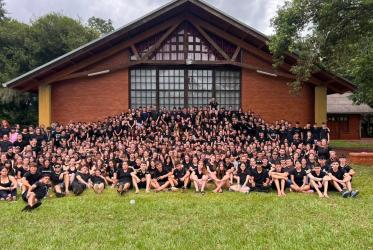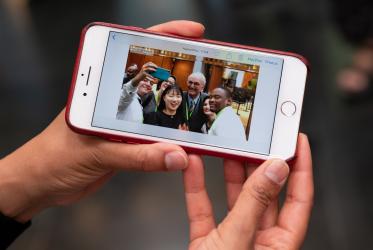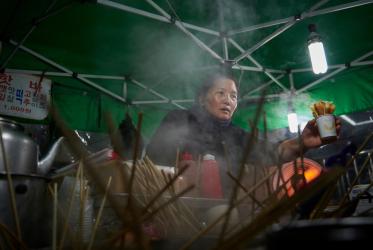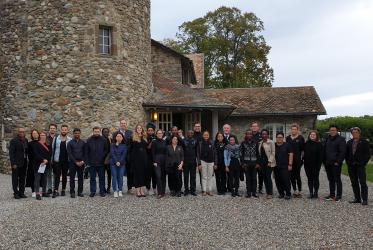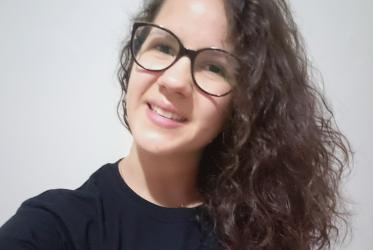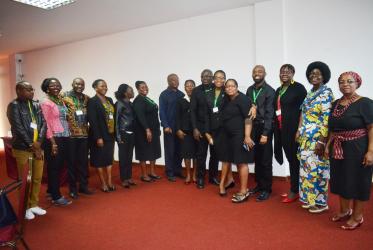Displaying 1 - 20 of 44
Thursdays in Black now has a Youth Edition
21 December 2023
WCC honoured with Geneva Engage Award
01 February 2022
"Out of the Shadows" toolkit now available in French and Spanish
20 January 2022
WCC honoured with Geneva Engage Award
18 February 2021
Hanbeet Rhee: “Young people can be bridges”
17 October 2019
Bossey students mark Thursdays in Black with Swedish visitors
10 October 2019
Churches in southern Africa stand against violence, xenophobia
10 October 2019
Larissa Aguiar Garcia: "We're opening a safe space”
26 September 2019
UN day on violence victims stresses religious tolerance
22 August 2019

